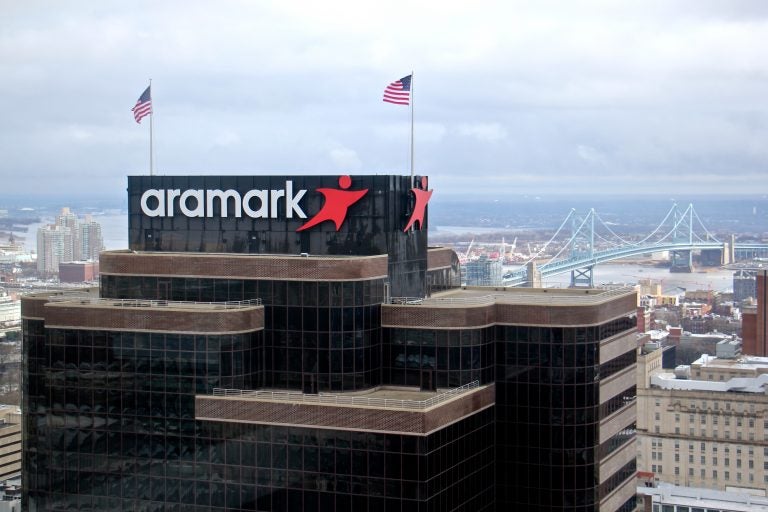Comcast, Aramark and Campbell’s rank among Fortune 500s for boardroom diversity
In a multiyear study Comcast Corp., Aramark and Campbell Soup Company all ranked in the top 35 among the Fortune 500 firms for boardroom diversity.

(Emma Lee/WHYY)
Three companies from the Philadelphia region are leading the Fortune 500 in diverse management. This comes as Fortune 500 companies slowly improve diverse representation on their boards.
In a multiyear study conducted by Deloitte and the Alliance for Board Diversity, Comcast Corp., Aramark and Campbell Soup Company all ranked in the top 35 among the Fortune 500 firms for boardroom diversity.
By way of context, however, only 23 percent of directors in the Fortune 500 are women, while just 16 percent are Asian-American, black or Latino.
To be included among the most diverse, a company’s board must have at least one woman director and one black, one Latino and one Asian-American director.
The demographics of each of the three companies are depicted in the charts below.
Perhaps unsurprisingly, gender disparity among leaders of the Philadelphia region’s most diverse Fortune 500 companies is stark. Women make up 36 percent of the board of Campbell Soup; they compose 27 percent of Aramark’s board; and 18 percent of Comcast’s board are women.
Similarly, Philadelphia’s racial makeup is not reflected in the city’s boardrooms. Almost half of Philadelphia’s residents are African-American, according to U.S. Census data. In contrast, only 18 percent of Comcast’s boardroom and 9 percent of Aramark’s is African-American.
The leadership of Campbell Soup, headquartered in Camden, is also far less diverse than the company’s hometown. Camden’s population is more than 90 percent black and Latino, yet all but three of the corporation’s 15 board members are white.
Nevertheless, among leaders of the three companies, racial diversity is on par with the diversity of Philadelphia-area business ownership overall.
Though close to half the businesses in Philadelphia are owned by nonwhite people, the surrounding counties have mostly white populations, and the ownership of businesses there reflects that.
While representation of women and nonwhites in the boardrooms of Fortune 500 companies has not kept pace with the nation’s shifting demographics, the rate of change has increased substantially in recent years.
This story has been corrected to reflect the accurate number of members of Campbell Soup’s board of directors.
WHYY is your source for fact-based, in-depth journalism and information. As a nonprofit organization, we rely on financial support from readers like you. Please give today.



